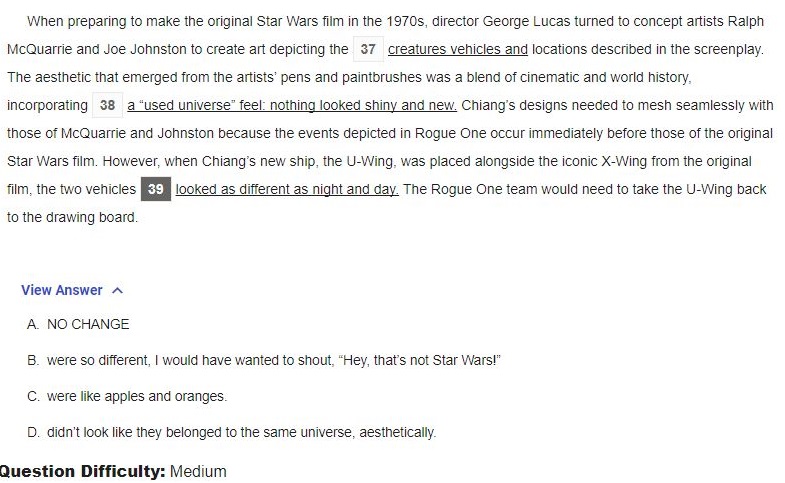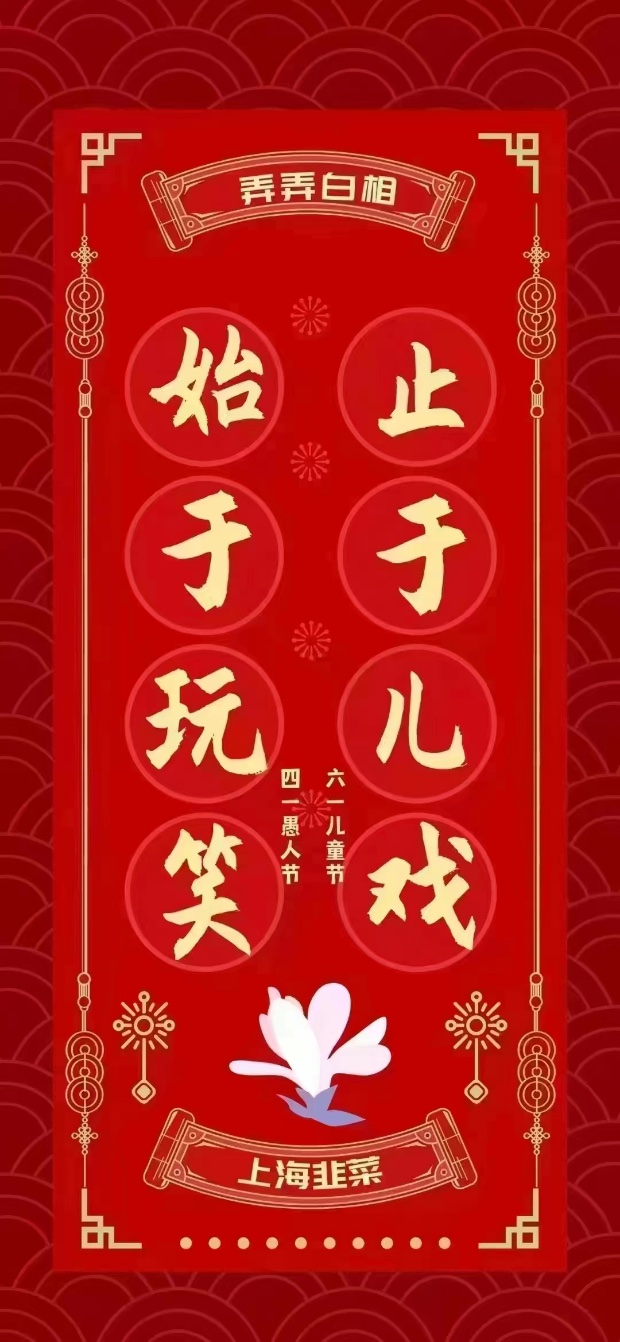This sounds like it should be a technical term in one discipline or another. I did a Google search for "negative ambiguity" and received 42,800 hits, a negligible number of them false because of punctuation issues. They occur in contexts that fall under psychology, economics, sociology, language and linguistics (grammar, syntax, scope, attachment, translation, etc.), sexuality, business and administration (leadership), investment, finance, tourism, education, biology, military science, politics, race studies (identity), etc.
One of the most prolific sources for the use of "negative ambiguity" is in this low key but still extraordinary paper by WANG Bo1, XIE Junwei1, ZHANG Jing2, and SUN Bosen3 in Journal of Beijing University of Aeronautics and Astronautics ›› 2020, Vol. 46 ›› Issue (1): 122-132. doi: 10.13700/j.bh.1001-5965.2019.0133, "Negative ambiguity function characteristics simulation of FDA", where it occurs frequently.
1. Air and Missile Defense College, Air Force Engineering University, Xi'an 710051, China
2. Shaanxi College of Communication Technology, Xi'an 710018, China
3. School of Information, Xi'an University of Finance and Economics, Xi'an 710100, China
Read the rest of this entry »
 This article, about the grave (and life) of Powell Crosley Jr., reminded me of my graduate school colleague Crosley Shelvador, M.D.
This article, about the grave (and life) of Powell Crosley Jr., reminded me of my graduate school colleague Crosley Shelvador, M.D.
